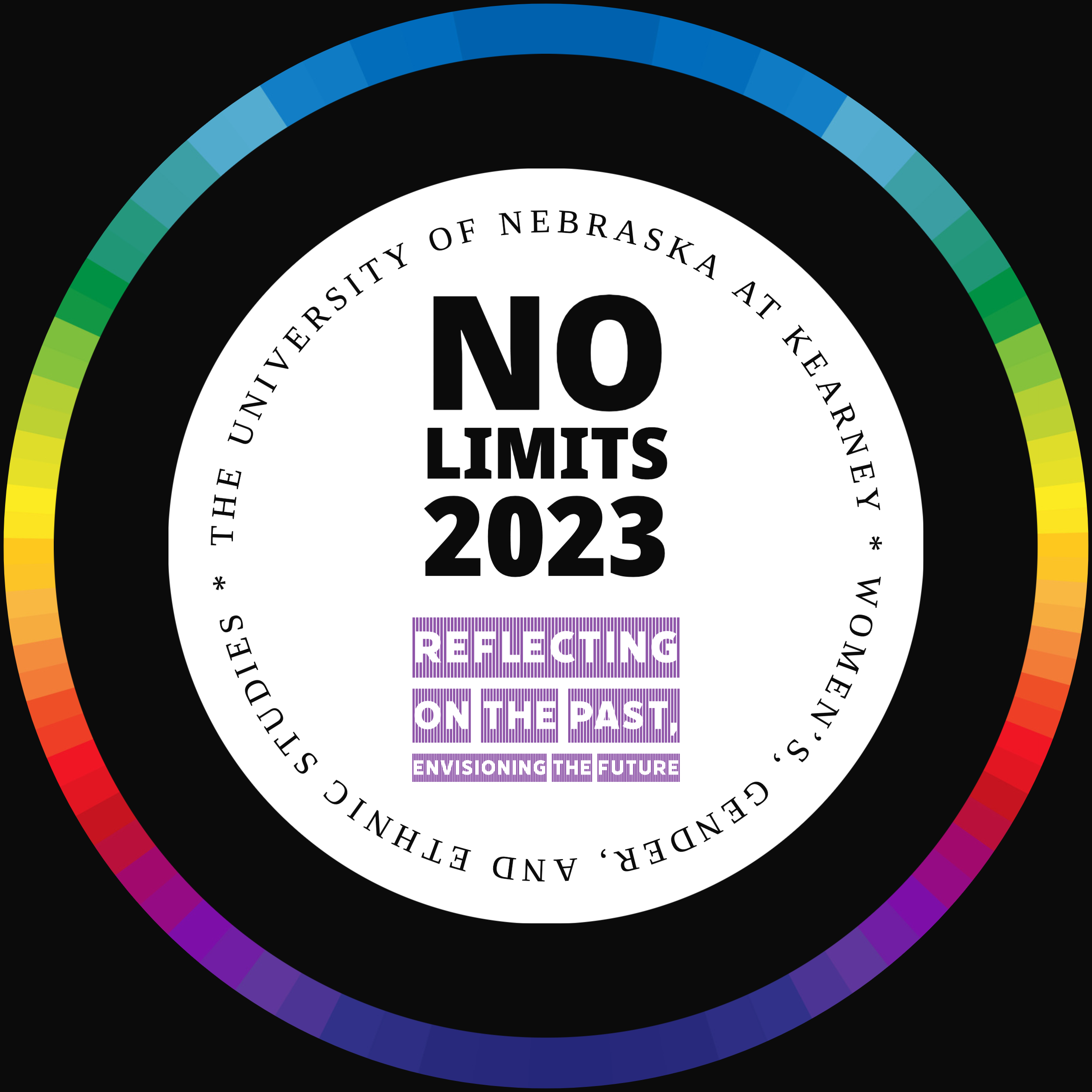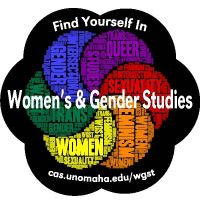Queerly Beloved and Phantom Mechanics: a Duality of Queer Resistance
Location
Ponderosa Room B
Presentation Type
Presentation
Presentation Topic
LGBTQIA+, Poetry, Gender Studies, Religion, No Limits in Research, Creative Writing, History
Start Date
3-3-2023 1:25 PM
Event Sort Order
27
Abstract
Issues regarding women’s bodies are global, lethal, and ongoing despite the progression of the feminist movement towards liberation. Commentary is imperative regarding the objectification of and skewed image assigned to women that express themselves sexually in their daily lives compared to the commendation served to men. Utilizing creative writing, this comparison highlights how the social chasm contributes to rape culture and the dehumanization of women. It is especially crucial to focus a lens on the unique experiences of Queer women and, even more so, on those in the Bible Belt. Even today, in the aftermath of marriage equality, the Midwest is still stagnant in terms of progression. This immobility is coddled by the overwhelming number of Christian-affiliated spaces (churches, restaurants, boutiques), rhetoric, motifs, and paraphernalia packed into square footage. Not only do these objects take up spaces of their own and give a sense of overcrowding to those marginalized by them, they intentionally creep out into LGBTQ+ spaces like Pride via protests or acts of saviorism. Queer women are significantly at risk of objectification and situations that can end in violence, trauma, and an increase in men’s willingness to commit sexually aggressive acts towards them without incurring empathy for the women involved or real consequences for men. Religious motivations are often at the root of the vilification of sexually-liberal, Queer women. To provide a better understanding of women’s issues in the midst of rape culture and the Midwest today, my research comments on the experiences of heterosexual, and especially, gay women as they strive for sexual liberation. The content of the creative works produced by my research include, but are not limited to: experiences of women existing under the thumb of the patriarchy, Queer encounters with religion in Oklahoma, responses to society’s view and treatment of sexually free women, the celebration of women’s bodies outside of the male gaze, a Queer reimagining of biblical themes, women’s erotic freedom and empowerment, especially with each other, and critiques on the political and religious structures that denigrate women who embrace their sexuality.
Queerly Beloved and Phantom Mechanics: a Duality of Queer Resistance
Ponderosa Room B
Issues regarding women’s bodies are global, lethal, and ongoing despite the progression of the feminist movement towards liberation. Commentary is imperative regarding the objectification of and skewed image assigned to women that express themselves sexually in their daily lives compared to the commendation served to men. Utilizing creative writing, this comparison highlights how the social chasm contributes to rape culture and the dehumanization of women. It is especially crucial to focus a lens on the unique experiences of Queer women and, even more so, on those in the Bible Belt. Even today, in the aftermath of marriage equality, the Midwest is still stagnant in terms of progression. This immobility is coddled by the overwhelming number of Christian-affiliated spaces (churches, restaurants, boutiques), rhetoric, motifs, and paraphernalia packed into square footage. Not only do these objects take up spaces of their own and give a sense of overcrowding to those marginalized by them, they intentionally creep out into LGBTQ+ spaces like Pride via protests or acts of saviorism. Queer women are significantly at risk of objectification and situations that can end in violence, trauma, and an increase in men’s willingness to commit sexually aggressive acts towards them without incurring empathy for the women involved or real consequences for men. Religious motivations are often at the root of the vilification of sexually-liberal, Queer women. To provide a better understanding of women’s issues in the midst of rape culture and the Midwest today, my research comments on the experiences of heterosexual, and especially, gay women as they strive for sexual liberation. The content of the creative works produced by my research include, but are not limited to: experiences of women existing under the thumb of the patriarchy, Queer encounters with religion in Oklahoma, responses to society’s view and treatment of sexually free women, the celebration of women’s bodies outside of the male gaze, a Queer reimagining of biblical themes, women’s erotic freedom and empowerment, especially with each other, and critiques on the political and religious structures that denigrate women who embrace their sexuality.






Presenter Bio
Merrick is a Queer 90’s kid from Oklahoma City attending the University of Central Oklahoma with a major in Women’s, Gender, and Sexuality Studies and minors in German and Creative Writing. They are currently the Editor-in-Chief of the first and only journal of gender and sexuality in Oklahoma, The Central Dissent. Merrick’s first collection of poetry, “Queerly Beloved,” was self-published in 2020 as part of a Research and Creative Scholarly Activities grant and they hope to publish their second collection, part of a 2021 Research and Creative Scholarly Activities grant, “Phantom Mechanics” soon. In 2019, Merrick won second place in the Melton Art Symposium’s poetry contest on race, gender, and sexuality and in 2020, they served as a fellow of the Rad(ical) DreamYard Poetry Consortium. In 2023, Merrick co-authored three entries in the Encyclopedia of Sexual Psychology and Behavior: “Transitory Bisexuality,” “Sexual Desire: Changing Female Priorities,” and “Homosocial Theory,” Merrick’s hope is that her writing reaches those who need it most so that they see themselves represented and feel radically loved. Writing with no limits is Merrick’s dream job.